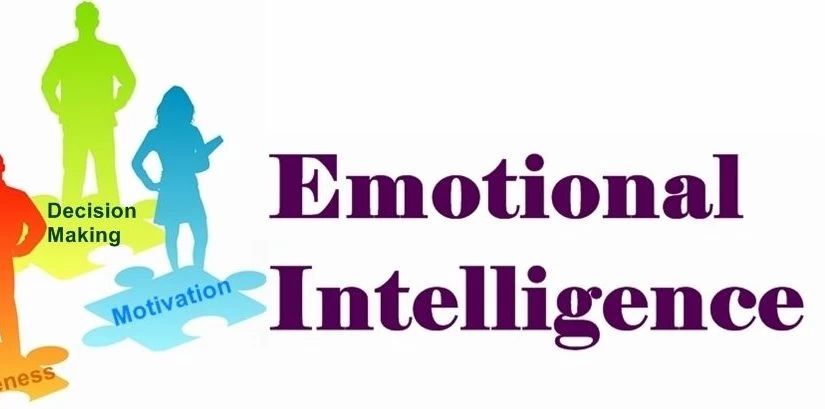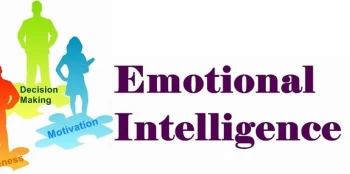Emotional Intelligence (EI) is a vital skill that enables individuals to manage emotions, comprehend others' emotions, and establish strong relationships. EI is crucial in the modern workplace where teamwork, collaboration, and communication are key to success. In this article, we will explore the concept of Emotional Intelligence, its significance in the workplace, and how to develop and improve EI skills.
What is Emotional Intelligence?
Emotional Intelligence, also known as EQ, is the ability to recognize and understand emotions in oneself and others, and to utilize this understanding to manage emotions effectively. Emotional Intelligence is divided into five key components: self-awareness, self-regulation, motivation, empathy, and social skills.
Self-Awareness:
Self-awareness is the ability to recognize and comprehend one's own emotions and how they impact their thoughts, feelings, and actions. It is the foundation of Emotional Intelligence, as it helps individuals recognize their strengths and weaknesses and identify their values and beliefs.
Self-Regulation:
Self-regulation is the ability to manage and control one's own emotions in challenging situations. This component of Emotional Intelligence enables individuals to remain calm under pressure, adapt to changing circumstances, and control impulsive behaviors.
Motivation:
Motivation is the drive to achieve goals and pursue success, even in the face of obstacles or setbacks. Individuals with high levels of motivation are persistent and resilient, and they maintain a positive outlook even in difficult situations.
Empathy:
Empathy is the ability to understand and relate to the emotions and experiences of others. This component of Emotional Intelligence is crucial in building positive relationships, as it enables individuals to recognize and respond to the needs of others and communicate effectively.
Social Skills:
Social skills refer to the ability to interact effectively with others and build positive relationships. Individuals with high levels of social skills can communicate clearly, resolve conflicts, and work collaboratively with others.
Why is Emotional Intelligence important in the workplace?
Emotional Intelligence has become increasingly important in the modern workplace, where teamwork, collaboration, and communication are essential to success. Individuals with high levels of Emotional Intelligence tend to have stronger, more positive relationships with their colleagues, better job satisfaction, and higher levels of productivity. Research has also shown that Emotional Intelligence is positively correlated with career success, with individuals who possess high levels of Emotional Intelligence being more likely to be promoted to higher positions.
How to develop and improve Emotional Intelligence?
Developing Emotional Intelligence is a process that requires continuous effort and practice. Some strategies for improving Emotional Intelligence include:
-
Practicing mindfulness and meditation to improve self-awareness and self-regulation.
-
Seeking feedback from others to gain a better understanding of one's strengths and weaknesses.
-
Improving communication skills, particularly in conflict resolution and building positive relationships.
-
Developing empathy by actively listening to others and seeking to understand their perspectives.
-
Building a strong support network of colleagues, friends, and mentors who can provide guidance and support.
In conclusion, Emotional Intelligence is a critical skill set that can impact a wide range of personal and professional outcomes. By developing and improving Emotional Intelligence skills, individuals can improve their relationships with others, increase job satisfaction, and achieve greater success in their careers.







